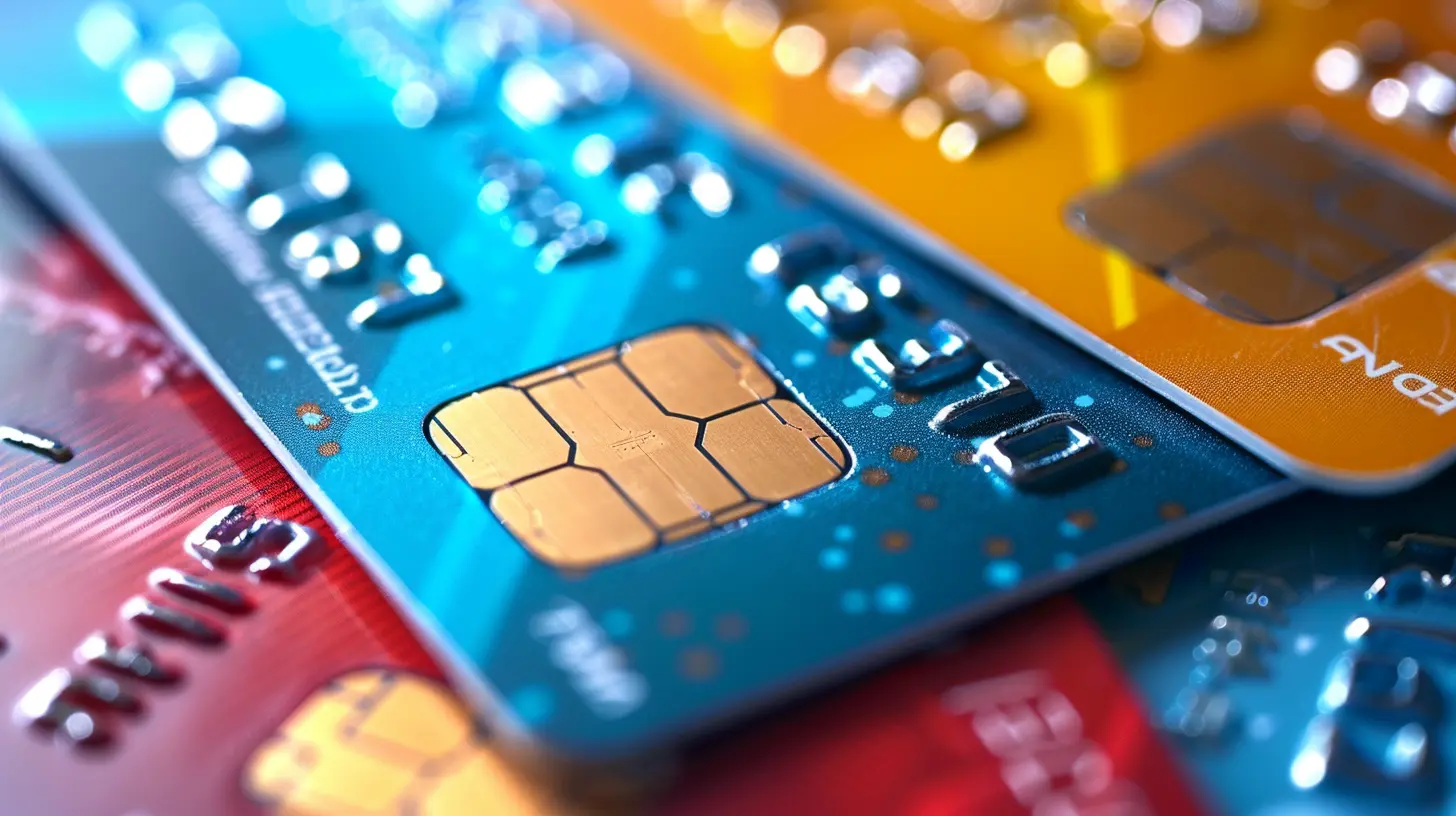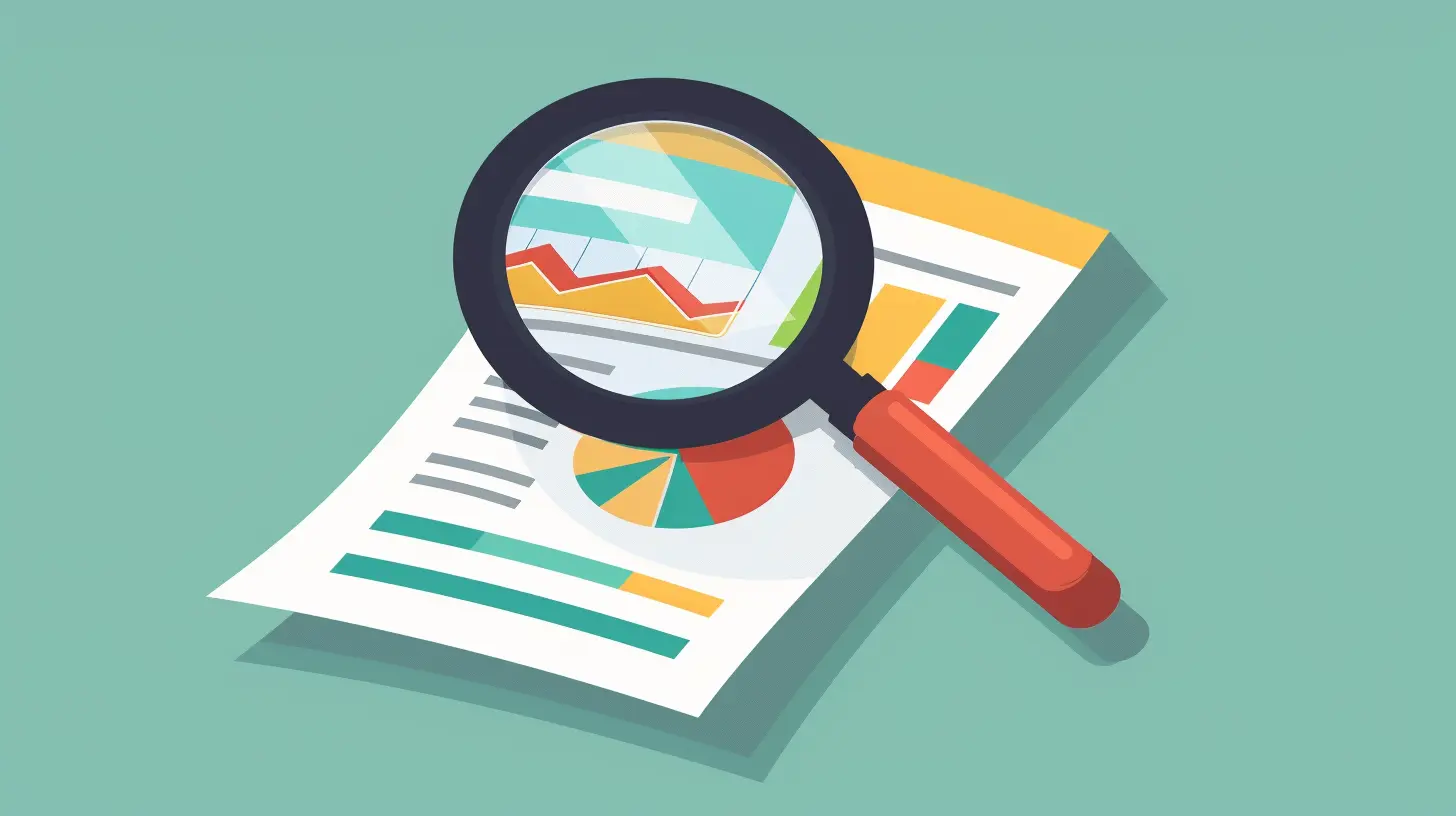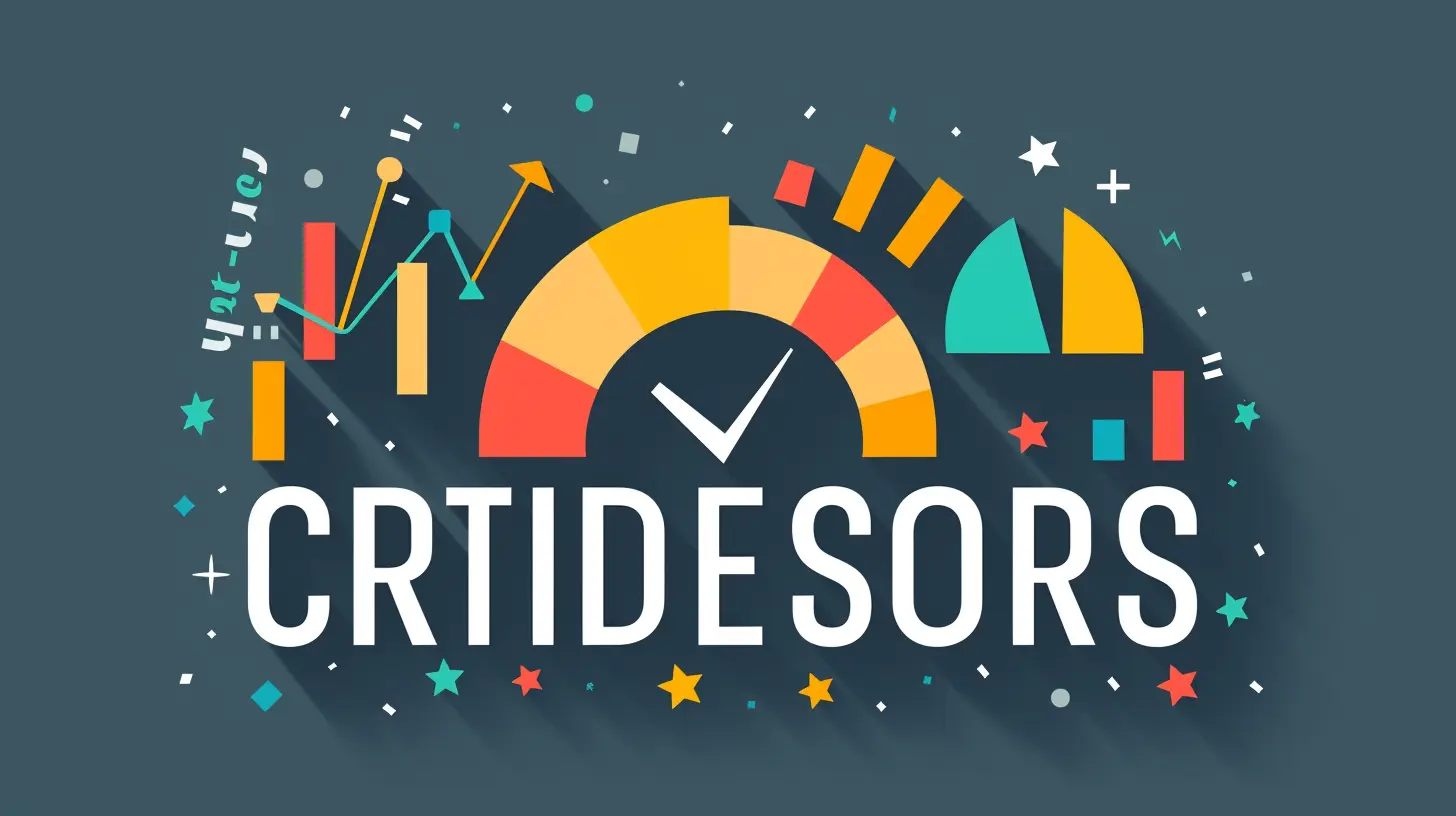The Benefits of Monitoring Your Credit Regularly
23 November 2025
Let’s be real: thinking about credit scores and reports can feel like trying to read a foreign language backwards—with your eyes closed. But here's the tea—monitoring your credit regularly is a money move you can't afford to sleep on. Whether you're trying to get that dream apartment, buy a car, or finally boss up and own a home, your credit speaks for you before you even open your mouth.
And guess what? You don’t need to be a financial guru living in spreadsheets to take control of your credit game. You just need to show up, check in, and stay consistent. Ready to see why giving your credit a little TLC can totally change the game?
Sit tight, superstar. We're about to spill all the juicy details.
What Is Credit Monitoring Anyway?
Okay, let’s start with the basics. Credit monitoring is like having a bouncer for your credit profile. It keeps tabs on your credit reports and lets you know when stuff changes—new accounts, credit inquiries, late payments, or suspicious activity.Think of it as the smoke detector of your financial house. You may not use it every single day, but when it goes off, you’re dang glad it’s there.
1. You’ll Catch Errors Before They Catch You
Ever see an unexpected bill and think, “wait—what in the fraud is this?” Yeah, errors on credit reports happen more than we’d like to admit. A wrong address, a payment marked "late" when it wasn’t, or even someone else’s account showing up on your report can tank your score faster than you can say “credit denial.”When you're regularly monitoring your credit, you can spot these slip-ups and report them faster than a cat meme goes viral. The sooner you catch ‘em, the less damage they do.
Pro Tip: Pull your credit report at least once every 3-4 months from different bureaus—Equifax, TransUnion, and Experian. Don’t wait for the annual check-in. Be annoying about it. It’s your right.
2. You’ll Be the First to Know if Someone’s Stealing Your Identity
Identity theft isn’t just something that happens in Netflix thrillers. It’s real. It's messy. It's expensive. And chances are, you won’t even know it's happening until you're getting collections calls for a cruise credit card you never even signed up for.Regular credit monitoring gives you a heads-up when shady stuff goes down—like new accounts you didn’t open or hard inquiries you didn’t authorize.
No one wants to get side-swiped by fraud. Be the hero in your own story and catch the villains early.
3. You’ll Learn What Makes Your Score Go Up (and Down)
Let’s get one thing straight: your credit score isn’t some mysterious, mystical number sent from the Financial Universe. It’s a math equation—and every action you take adds or subtracts from it.When you’re watching your credit regularly, you’ll start to see patterns. That late car payment? Boom. Drops your score. A new credit limit? Hello, bump in the right direction.
Tracking your credit is like having a relationship with your body. You start to notice the little things that impact the big picture—like how eating better makes you feel great, or how paying your cards down spikes your score. Knowledge = power = better decisions.
4. You’ll Stay Motivated to Improve
We get it—adulting is exhausting. Tracking bills, saving money, eating vegetables. Adding “monitor credit” to the list may seem like a drag.But here's where it gets fun: When you see steady progress, it lights a fire under you. Watching that 580 creep into the 600s, then flirt with 700? Whew, it’s a glow-up, and you're the main character.
Monitoring your credit regularly reinforces good habits. It’s like stepping on the scale and seeing the pounds drop after a month at the gym. You won’t want to stop.
5. You’ll Know When You’re Credit-Ready for Big Moves
Let me guess—you’re dreaming of a chic downtown loft, that sexy new SUV, or finally getting rid of your landlord forever. These dreams? They all require a decent, if not dazzling, credit score.If you aren’t checking your credit, how will you know if you're ready to apply? Spoiler alert: lenders don’t vibe with uncertainty.
By keeping an eye on your score, you’ll know exactly when the stars align to make that big financial move. No more guessing games. Just power moves.
6. You Can Catch Signs of Financial Trouble Early
Monitoring your credit isn’t just about stopping fraud—it’s about holding up a mirror to your finances.If your balances start climbing, if you’re missing payments, or if your score is tumbling faster than a toddler with new shoes, then friend—you’re getting red flags in high-def.
Your credit report will quietly whisper, “Hey, we’re going off the rails here.”
That early warning system is everything. When you see the signs, you can rein it in before it becomes a crisis. Prevention > damage control.
7. You’ll Save Money on Loans and Interest (No, Seriously)
Let’s break it down. The difference between a good credit score and a trash one? Thousands of dollars in interest.Let’s say your credit is... meh. You apply for an auto loan with a 12% interest rate. Ouch. But if you’d been monitoring your credit and working on it, you could have qualified for, say, a 4% rate. On a $20,000 car loan? That’s hundreds—or thousands—saved in interest. That’s a vacation. That’s an emergency fund. That’s some serious cash.
Better credit = better rates = more money in your wallet. Period.
8. You’ll Be Better Prepared for Life’s Curveballs
Life has a wild sense of humor. One minute, you're coasting. The next, your job’s cut, your car dies, or your apartment lease falls through.When you’ve got your finger on the pulse of your credit, you’re ready—no scrambling, no surprises. You’ll know what financing options you have, if you can qualify for a personal loan, and where to get help.
In short? You stay one step ahead, and that’s the level of unbothered we all deserve.
9. You’ll Be Taken More Seriously (Yes, Credit Is Status)
You might think your credit score is just a number. But oh honey, it’s your financial resume. Landlords look at it. Insurance companies look at it. Heck, some employers peek at it for jobs involving money.Monitoring your score shows that you’re responsible, proactive, and in control.
It’s financial main character energy—with the receipts to back it up.
10. You’ll Feel Empowered, Not Intimidated
The vibe: Financial empowerment.The reality: Most people avoid checking their credit because they’re scared of what they’ll see. But surprise—avoiding it doesn’t make it better.
Facing your credit head-on, understanding it, watching it move? That’s real power. That’s how you shake off shame and step into ownership.
You deserve to feel confident about your financial future. Monitoring your credit regularly is one of the easiest—and smartest—ways to get there.
How To Start Monitoring Your Credit (Without Going Broke)
Let’s kill the myth: Credit monitoring doesn’t have to cost you an arm and a latte.Here’s how to keep tabs on your credit without handing over your paycheck:
- Use free credit monitoring apps like Credit Karma, NerdWallet, or Credit Sesame. They’ve got the tools, alerts, and dashboards to keep you on track.
- Check your credit reports free at AnnualCreditReport.com from each of the three major bureaus—Equifax, Experian, and TransUnion.
- Set calendar reminders to check in monthly. Treat it like a coffee date—with your future financial self.
Bottom Line
Monitoring your credit regularly isn’t just a good idea—it’s a non-negotiable. It’s your shield against identity thieves, your early warning system against financial chaos, and your guide through the wild world of adulting.Don't wait for a declined loan or a fraud alert to remind you to care. Be proactive. Be fierce. Be smarter than the system wants you to be.
Your credit tells your financial story. Make sure you're the one holding the pen.
all images in this post were generated using AI tools
Category:
Credit ScoreAuthor:

Zavier Larsen
Discussion
rate this article
1 comments
Fenris Maddox
Regularly monitoring your credit enhances financial awareness, helps prevent identity theft, and aids in timely correction of inaccuracies, ultimately boosting credit health.
November 23, 2025 at 5:11 AM

Zavier Larsen
Thank you for your insights! Regular credit monitoring indeed plays a crucial role in maintaining financial health and safeguarding against identity theft.


